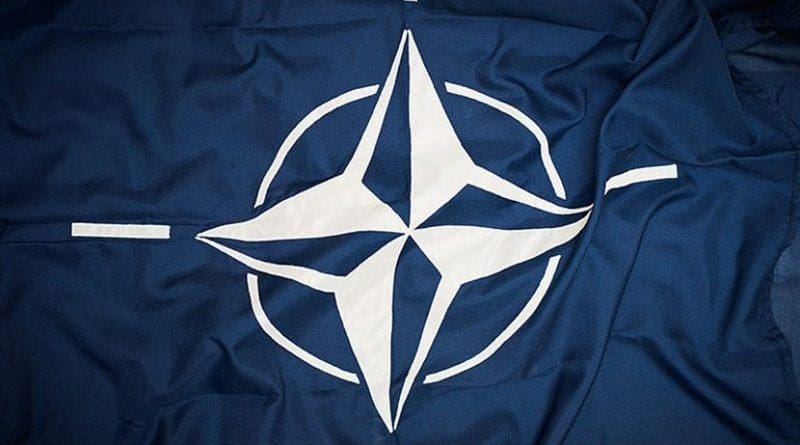How NATO Dehumanizes Us – OpEd
By VCNV
By Jerica Arents
When we finally stepped off the helicopter and greeted the mountains of Bamiyan, Afghanistan, I was exhausted. A full day and a half after our departure, my eyelids were heavy and I was hoping, desperately, for a cup of warm, life-giving tea and a pile of blankets to collapse into.
But the group of Afghans who invited us there — not an elite assembly of men with corporate interests or a bureaucratic non-profit, but a rag-tag group of teenagers who believe in the power of nonviolence — had a different idea in mind.
We dropped off our bags in the rooms we would be staying for the next week and were led, a boy on each arm, through the winding streets of Bamiyan City after dark. Like most Afghans, the Afghan Youth Peace Volunteers live in a province that is extremely poor, with very few opportunities for paid work and little infrastructure. The city of 60,000 has no indoor plumbing and generators that provide only a few hours of dirty electricity a night — so the youth there long ago memorized the geography of the dirt roads for navigating them at night.
We came upon a restaurant and filed in, and though the delegates knew no Dari and the teenagers only said a few words in English, we were able to communicate through smiles and laughter our deep gratitude for being in the presence of one another. They pointed and giggled at my backpack. Most of us fought stifled laughs when one of the boys farted.
And then my eyes fell on Ghulamai, the 12-year-old across from me whose broad smile seemed to reach all the way to his ears. He had been laughing with the others, but with a tone of seriousness, of gravity. He motioned to Hakim, our coordinator and translator, and spoke more loudly, I suspect, than he had meant to, and too hurriedly.
The room went silent.
Hakim paused and then spoke. “Ghulamai asked, ‘Do you think we are animals?’”
His question left me speechless. To a 12-year-old, and I’m sure to many Afghans much older than Ghulamai, this question comes from a place of sincerity. The United States, since invading in 2003, has communicated to him only through weaponry: the monstrous tanks that roll through his city, the white men covered in assault gear, the night raids, the bombings, the assassinations.
Our military’s actions, and later the actions of NATO, have only communicated inconceivable levels of violence and oppression. I, too, would feel like an animal trapped in this deranged culture of dehumanization.
The 28 countries that comprise NATO spent $1.1 trillion on defense and military expenditures in 2010.
While NATO is touted both as a mechanism for humanitarian assistance and as the only option for our globally secure future, its aggressive, expansionist policies have sponsored conflicts and suffering all over the world. Its first security operation outside its member countries was launched in 2003, when NATO took control of security in Afghanistan’s capital city of Kabul.
NATO is responsible for immeasurable amounts of economic and ecological exploitation and control. It acts outside the apparatus of international law and invades, occupies and controls any country it sees fit to bow to the interests of its member countries.
Chicago will host the NATO Summit in May, where the military arm of centralized power and control will discuss its global agenda. Not surprisingly, Afghanistan’s future is the top priority. Obama will be petitioning NATO to share more of the financial costs of the war, to draw down the bloated budget of the U.S. in the military alliance — a concept known as “burden sharing.”
The walls will reverberate with lectures made by heads of state on security, military strategy and the economic drain of “transition.”
But what is the human cost of such concentrated power and wealth? We can ask my young Afghan friends, who live in a country of perpetual crisis — a country where one in four kids won’t reach the age of five, where the average life expectancy is 42 years old.
More than 60 percent of the population suffers from PTSD and other war-related mental illness. “We can’t talk of peace,” said Hakim, “outside of food security and economic justice.”
An ordinary Afghan, if asked to speak to a forum of representatives of NATO, would have a simple message: We want enough food to feed our families and an opportunity to throw off the chains of this desperate, disparaging poverty. No more killing. No more war.
We would be hard-pressed to find a more beautiful vision of the future of Afghanistan than that of Ghulamai, whose hopes for peace have no place in the logic of NATO’s heads of state. Which is the more human, really?

